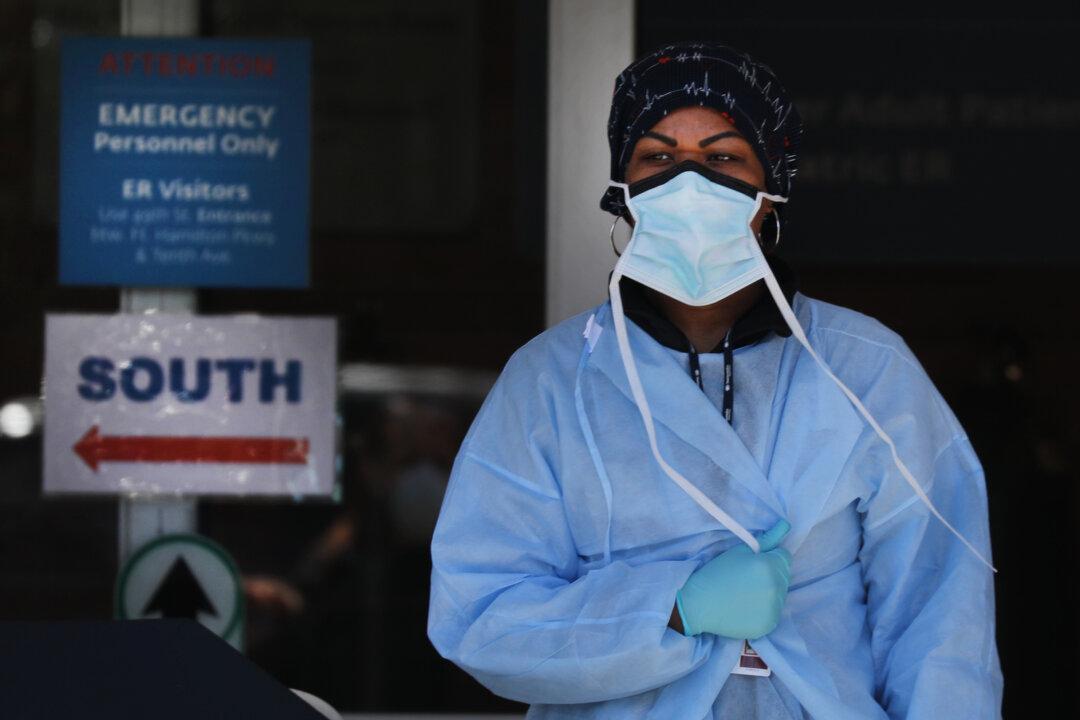Patients who become infected with the CCP virus can spread the illness before showing any signs of having it, researchers from the Centers for Disease Control and Prevention (CDC) found.
Researchers looked at 243 cases in Singapore from January through March and identified seven clusters of cases where the “most likely explanation” for the secondary cases becoming infected was “presymptomatic transmission.”





